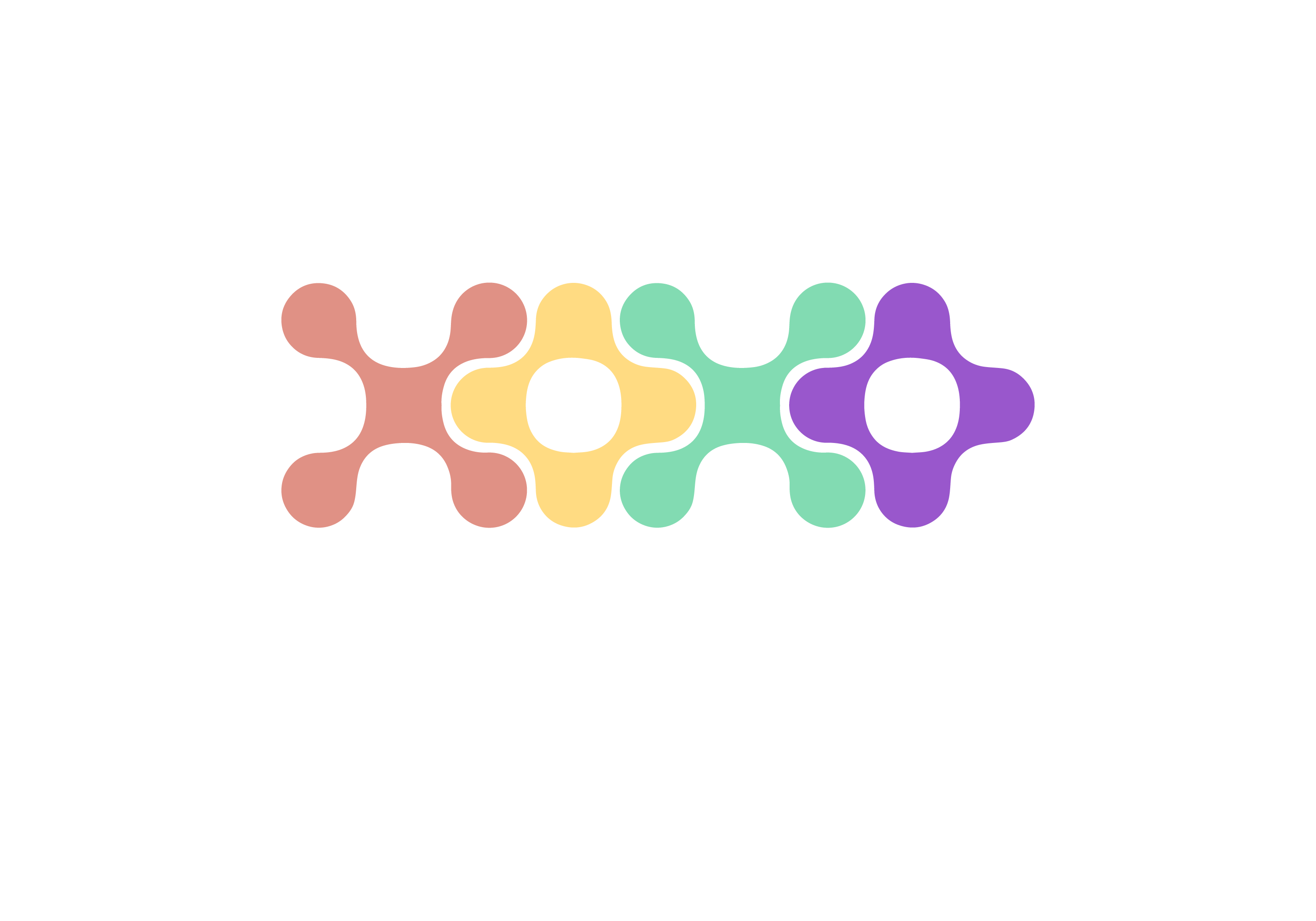Share Your Feedback on DIVERSIFAIR’s Work
At DIVERSIFAIR, we are committed to ensuring that the resources we develop are useful, practical, and reflect the needs of the community. That’s why we regularly ask for feedback on our deliverables. While some of our work has been built collaboratively from the start, we are keen to improve other areas by incorporating diverse perspectives.
This page will be updated as we seek input on different aspects of our work. Right now, we’re looking for feedback on two key areas:

